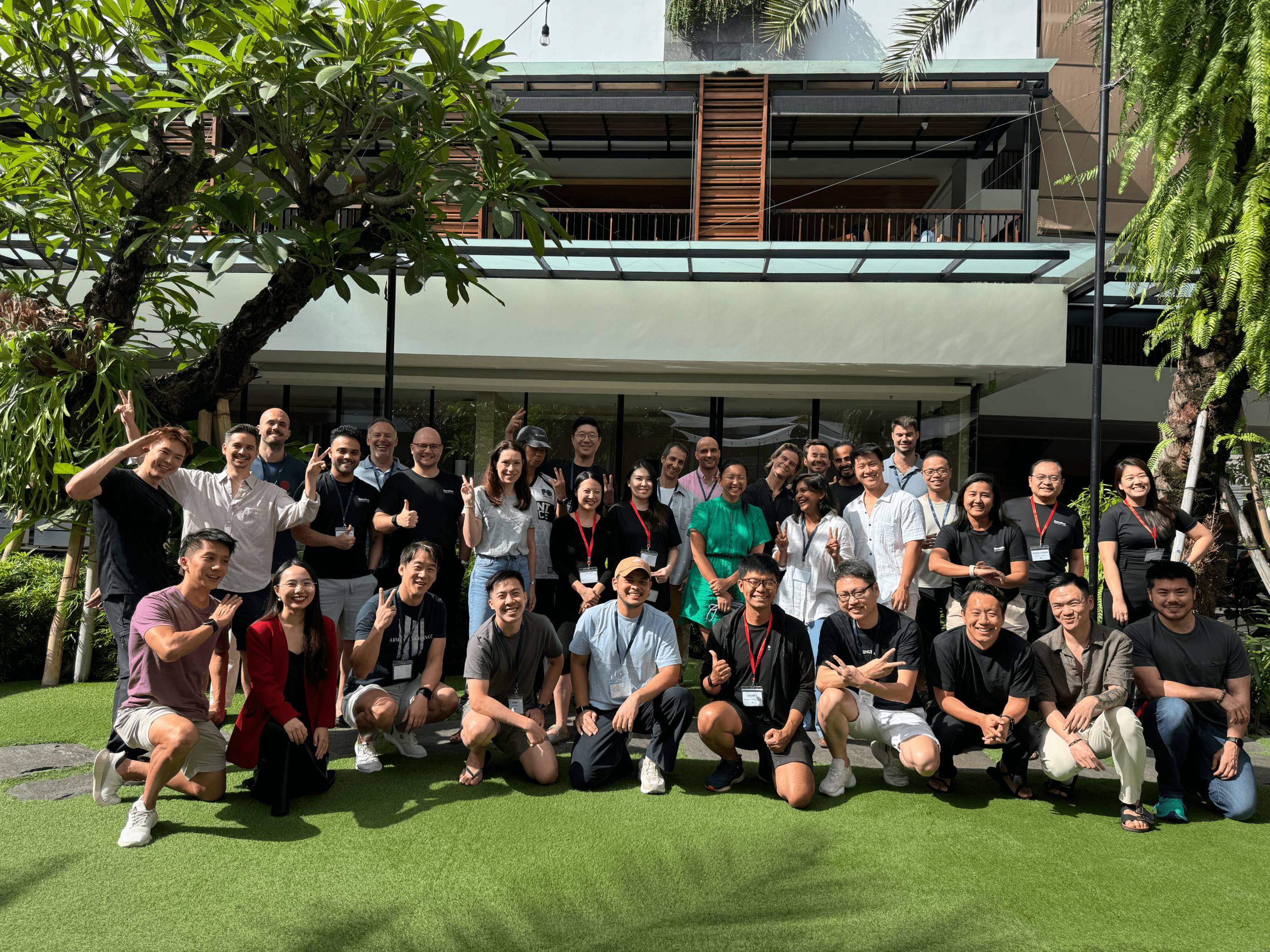We like to write a request for startups before the start of each batch. We’re surprised by the number of founders who don’t apply because they think we wouldn’t be interested in their idea and end up applying after reading our post. You can see our previous request for startups here, here and here. If you’re working on something described in any of these posts, please apply.
To be clear, most of the ideas we fund are not ideas that we’ve thought about before. If you’re working on something that isn’t in this post, we’d still like to talk to you so please apply.
Iterative Summer 2022 starts on 4 July and the application deadline is on 20 June.
Economic Mobility
Economic mobility, the ability for an individual to improve their economic status, is key to Southeast Asia's continued development. Startups can and should accelerate the progress.
There’s a significant number of well paying jobs that anyone can do given proper exposure and training. We invested in Up Next (Iterative W22) that’s making tech jobs (some of the highest demand, well paying jobs available) accessible to anyone. I also recently talked to a company helping people in 2nd and 3rd tier cities pass a government test that automatically leads to a stable, well paying government job.
There’s also opportunity to provide financial services and education for people who work vital jobs but are locked out of existing services. We invested in JiPay (Iterative S21) that’s doing this for domestic workers. At Workmate, we worked on this for blue collar workers.
This might be one of the most important things we, as a startup community, can work on.
Web3 → Traditional System
Although it’s fun to think about a world where the financial system exists in the blockchain, there’s no countries and people will be truly free (just kidding), realistically, the traditional system isn’t going away any time soon. As an intermediary step, I’d like to see more companies building Web3 products that interact with the traditional system.
For example, there’s a lot of benefits to representing property ownership as an NFT (liquidity, faster and cheaper transactions, etc.) but there’s an equal number of benefits to having that ownership reflected in the traditional system (legal clarity, taxes, etc.). We can get the best of both worlds by having a product where users interact like it’s an NFT and the corresponding changes are made to the traditional system. Purchase the real estate NFT and you’ll legally own it in the traditional system too.
In addition to real estate, corporation and legal entities (compliance, shareholders, etc.) are fruitful areas to work on.
Once people there’s sufficient adoption, you can remove the need to update the traditional system.
Multiple Countries
Unlike China and the US, companies in Southeast Asia have always needed to operate in multiple countries but it’s still difficult, costly and confusing.
I’m specifically interested in startups working on helping companies with payroll, compliance, corporate structure, accounting, taxes and legal across multiple countries.
Manufacturing
As the world shifts from globalization to de-globalization, I suspect a significant amount of manufacturing by non-Chinese companies will shift to Southeast Asia. I won’t get into the politics of it (not my area of expertise) but before China became the factory for the world, Southeast Asia was (still is) a major manufacturing region.
Anytime there’s change, especially at this scale, there’s opportunities for startups. Manufacturing is a complex system with suppliers, the logistics providers, the manufacturers and the companies that sell the products. There’s opportunities to build for each of the players and help them play with each other.
We invested in Factorem (Iterative W22), an on-demand manufacturing platform in Southeast Asia, but I think there’s so much more to do.
Female Founders and Products
To accomplish everything on this list (and more!), we need as many highly capable people working on these problems as possible. That will never be true as long as half the population are starting companies at a lower rate. We get significantly fewer applications from female founder than male founders. Last batch, 11 of the 32 founders were women. Higher than average for our batches but still not as high as we’d like.
We would like this to change. It’s going to take a lot more work than calling it out here but if you’re a female founder, we’d love to hear from you.
Similarly, since there are less female founders, there’s fewer companies focused on products specifically designed for women. If you’re a female founder working on products for women, we’d also love to hear from you.




![Iterative Scale Program [Closed]](https://cdn.prod.website-files.com/60b1bd0542d31f694712f8ec/68d4bfcb752be73c1412db48_neom-85ey1vFIwkc-unsplash.jpg)



